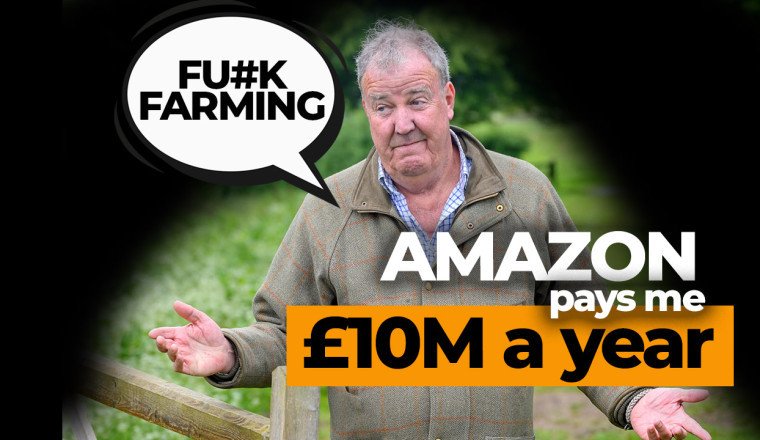
Clarkson's Farm: From Petrolhead to Farmer—But Is It All Smoke and Mirrors?
The Amazon Prime Video series follows Clarkson’s attempts to run Diddly Squat Farm, a 1,000-acre estate in the Cotswolds, after the previous tenant retired. The show has become a global hit, praised for its humor, heart, and honest look at the challenges of modern farming.
While audiences have embraced Clarkson’s Farm as a feel-good, often laugh-out-loud series, there’s a growing sense among real farmers—and even some viewers—that the show is not as authentic as it appears. Clarkson’s journey is presented as a plucky underdog story, but the reality is far from the typical farmer’s experience.
Money, Money, Money
Reports suggest that Amazon is paying Clarkson upwards of £10 million per year for the series. This is a staggering sum, especially when compared to the paltry profits Clarkson reports from the farm itself—sometimes as little as £144 a year. The show’s success has made it Amazon’s most-watched original series in the UK, and its international appeal has only added to Clarkson’s bank balance.
Clarkson’s approach to farming is often whimsical and high-spirited. He regularly comes up with new business ideas—like opening a farm shop, launching a restaurant, or breeding livestock—and simply funds them with his own fortune. For example, when he wanted to grow his herd to supply beef for his restaurant, he bought a £6,000 bull without a second thought. This is a luxury most real farmers can only dream of.
The farm itself is valued at around £12 million, and Clarkson’s willingness to invest in expensive equipment, animals, and infrastructure is a world away from the financial reality of most agricultural businesses. While the show is undeniably entertaining, it creates a sense of FOMO (fear of missing out) for viewers who might imagine that farming is as easy and fun as Clarkson makes it look.
The Hard Truth
For real farmers, the reality is much tougher. Profit margins are razor-thin, and investments like a £6,000 bull are often out of reach. The challenges of weather, disease, bureaucracy, and market prices are constant, and there’s little room for error. Clarkson’s ability to shrug off losses and pour money into new ventures is a fantasy that most farmers simply can’t afford.
Clarkson’s Farm is, at its heart, a comedy. It’s designed to entertain, not to educate. But the show’s popularity has also raised awareness of the struggles faced by British farmers, even if it does so in a lighthearted way. The series has been credited with increasing public interest in local produce and supporting rural businesses, but it also risks misleading viewers about the true nature of farming.
Jeremy Clarkson’s new life as a farmer is a fascinating spectacle, but it’s not a true reflection of agricultural life. With millions in the bank, a £12 million farm, and a £10 million annual paycheck from Amazon, Clarkson can afford to treat farming as a hobby—and a lucrative one at that. For the rest of us, farming remains a hard, often thankless job, with none of the financial safety nets that Clarkson enjoys.
While Clarkson’s Farm is a joy to watch, it’s important to remember that it’s ultimately a sham—a polished, well-funded fantasy that bears little resemblance to the daily grind of real farming.









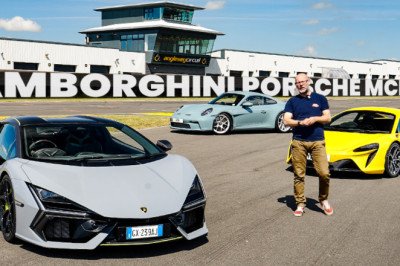
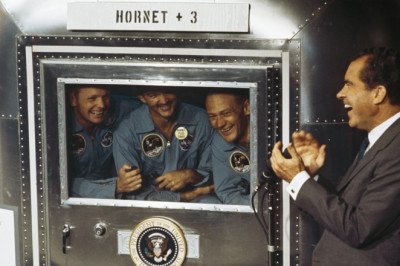
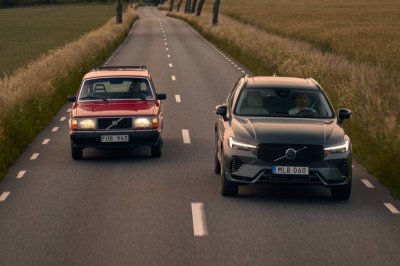
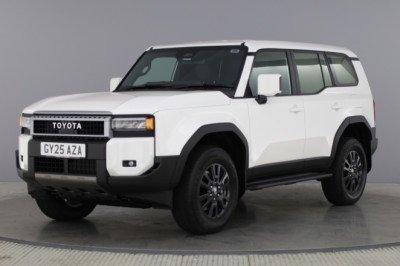
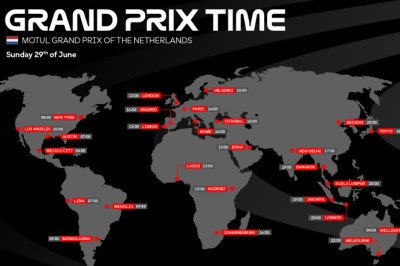
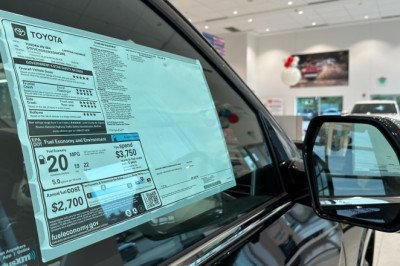
Facebook Conversations